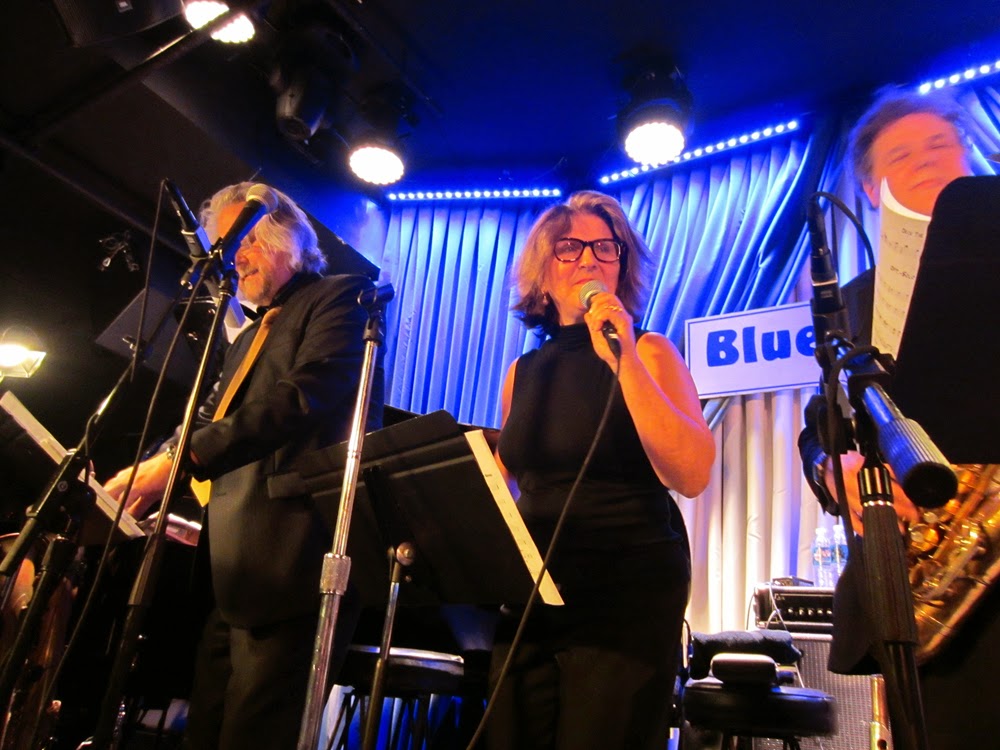Recently, one of my Facebook
friends, who also happens to be a childhood schoolmate and accomplished
musician, commented on Facebook lamenting how hard it was for him to find a
band to join. This came hard on the heels of him having to give up forming his own
band, due to what I’ll call “lack of interest in being dedicated” from the
musicians he recruited. The gist of Nooj’s comment was, making music or
anything with artistic value requires a certain level of commitment, and it’s
hard to find people who want to make that commitment. Then a mutual Facebook
friend, Pat, who is an accomplished musician himself and also a childhood
schoolmate of Nooj and I, chimed in against musicians who dismiss bad
performances in favor of “just having fun”. Pat and Nooj’s argument is, on the
face of it, quite simple: There’s nothing fun about sucking and the value of
music (the TRUE value) lies in the commitment that leads to a good performance.
(And I’ll go so far as to say, the definition of a good performance is, a
performance the audience appreciates.)
 |
| A rendering of the St. Mel's church, where Nooj, Pat, and I spent many hours while growing up. |
I couldn't agree more, and I
wanted to add my two cents, but Facebook isn’t my favorite forum in the whole
world for making cohesive arguments. So I dragged the topic here, to my blog. Here’s
what I've found in my (extremely limited) jazz performance experience. (Keep in
mind, this is all from playing in big bands and ensembles at a local university,
where 90% of every band I was in was about half my age. It’s an important
aspect of the argument I’m about to make.)
I hate making mistakes in a
performance. Hate them. That’s why musicians practice: to avoid mistakes. The
jazz idiom, however, is all about creating something on the spot. It’s not
going to be right 100% of the time. It’s not supposed to be. Miles Davis said,
“There are no wrong notes.” In fact, there are plenty of wrong notes. It’s easy
enough to send your audience home by playing wrong notes. But in jazz, you shouldn't be surprised if after sending one audience home, another audience
stumbles in to hear you play. That’s one thing.
The other is, as an older
musician with more worldly experience but often less musical experience and
talent than my younger peers in the band, I bring a unique perspective to my
performance. I don’t get embarrassed if I make a mistake. I’m not happy about
it, but I just keep playing. Most of the audience doesn't notice anyway.
Younger musicians sometimes tend to try too hard. Mistakes fluster them, and I've actually seen bad performances stop good musicians entirely, “forcing”
them to quit and blaming their study workload as they put down their
instrument. I tried to impart to these musicians that we are up there, in front
of people, doing something that the majority can’t do, and we ought to enjoy
the experience, regardless of the type of performance we put out on any given
day. Ultimately, the audience is what makes the musical experience what it is.
There is nothing like performing in front of living, breathing people. And in
an age when you can download videos and music at a moment’s notice on a whim,
the live experience becomes ever more valuable and important. My friend Pat
asked, “What’s fun about sucking?” Well, of course the answer is, “Nothing
much.” My problem is, I’m just not very good. Nobody’s ever going to pay
significant money to hear me play anything, anywhere. Just the same, I’m committed
to making music. I know I suck, but, I try to always have fun, even when I’m by
myself. (Maybe that’s why I don’t get any better.) Do I enjoy good performances
better than bad ones? You bet I do. But I recognize that not every performance
is going to be my best, but I can still (sorry Pat) have fun. I have to,
because like I said, I pretty much suck all the time.
So basically, what I’m trying to
say is, commitment is necessary, talent and ability, maybe not so much. What’s
probably the most frustrating is somebody with talent and ability who doesn't make the most of it, especially for middle of the road musicians like me who
are counting on them to cover for me a little, and especially when the talented
musician is 19 years old and doesn't understand or appreciate what he’s
missing if he or she gives up music for the wrong reason. If you are committed
to making the musical experience of you, your band, and the audience the best it
can be, bad notes are forgivable and you can mistakes all day long. I’m still
going to ask you why you didn't practice a little longer the week before the
gig, but we’ll all be better off for the experience than if we’d passed on it
altogether.
And if Pat and Nooj ever want to
play some jazz (Pat is punk/grunge, Nooj is rock) with me, I’ll hold up my end
if they just don’t ask too much. I know we’d have fun, no matter what.
Yep. No way that was going to be
a Facebook comment.










